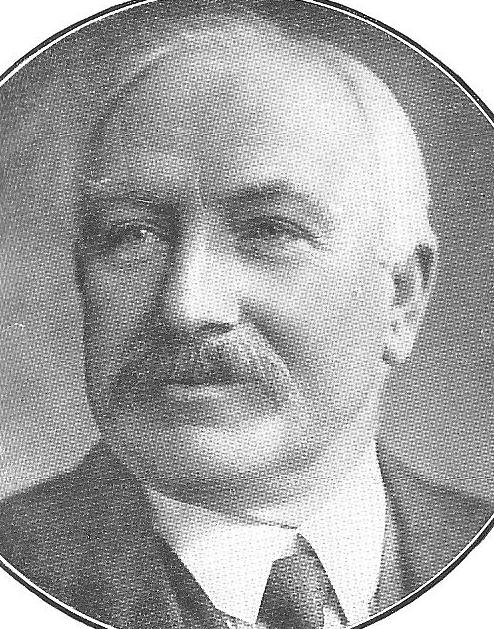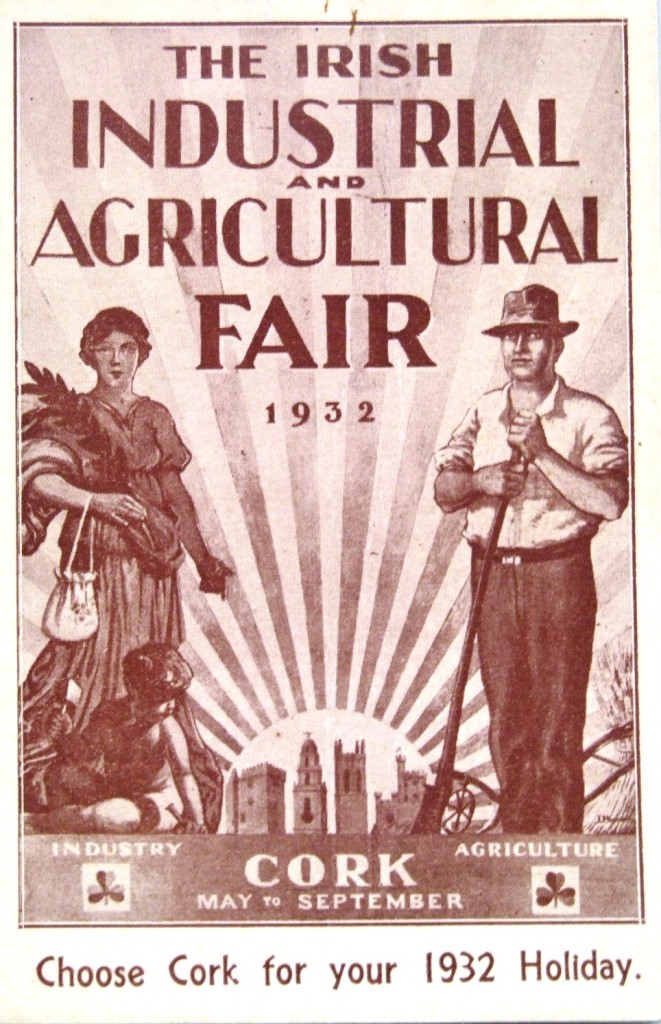
Kieran’s Our City, Our Town article,
Cork Independent, 28 October 2010
In the Footsteps of St. Finbarre (Part 234)
Depressions, Ideas and Spins
“I have no hesitation declared Mr. O’Connell [leader of the Irish Labour Party], in stating that this country is facing up to a state of emergency almost as great, if not as immediately apparent as that which threatened other countries during the past few months. The practical solution of their difficulties could be summed up in consequence- provide useful and remunerative employment for all who are able to work. It was no small problem, but it was not insoluble. Every person of good will must unite in devising practical methods to bring about such as a re-organisation “(Editorial, Cork Examiner, 5 September 1931, p.10)
At times reading the above, one could replace the year 1931 with 2010. In fact, there are many political commentaries played out in 1931 to question where the country’s economy was going and also to lay the foundations of lobbying the people for a general election in 1932. From the perspective of 2010, one can see the political spin in full form from parties such as Fianna Fáil and the Labour Party in an effort to collapse the Cumann na nGaedheal government. However, what is clear was that the country was in a time of not just recession but a time of great economic depression. The Wall Street Crash of 1929 in New York had seriously hindered trade with Ireland’s best customer, the USA and created an economic depression in Britain as well. The lack of trade also meant that emigration with the intention of attaining jobs in those countries highly difficult.
Cork as a city was no stranger to providing leadership through its national exhibitions in dark economic times. The Irish Industrial and Agricultural Fair held in Cork in 1931 and organised by the Cork business people not only put a focus on the importance of building Ireland up within itself but also sent a serious message to the rest of the country to fight morally for itself. Exhibitions had worked before in the city’s history to draw attention to its enterprises. Perhaps because of its port status, the city was open to foreign ideas more so than non maritime cities. It is interesting to note that in the five years leading up to Cork’s 1931 preparations for its 1932 event, several world fairs had played out with objectives to improve its national industries – Berlin (1926), Lyon, France (1927) Cologne, Germany (1928), Long Beach, United States – Pacific Southwest Exposition (1928), Barcelona and Seville, Spanish International Exposition (1929), Newcastle upon Tyne, England/ North East Coast Exhibition (1929) Hangzhou, Republic of China (1929), Antwerp, Belgium (1930), Liège, Belgium (1930), Stockholm International Exhibition (1930), Trondheim, Norway (1930), International Foundry Exhibition and Congress at Milan, Italy (1931) and Paris, France (1931).
The Irish newspaper online resource (an access point is available in the Boole Library in UCC) provides a way to search through several newspapers to explore any topic. On the 16 May 1931, the Irish Independent ran a story that a meeting of prominent business men in Cork decided to create an Industrial and Agricultural Fair for Cork in 1932. It was announced that a site had been secured on the Carrigrohane Road and that a guarantee fund had already been assembled totalling £25,000. Mr. George Crosbie was appointed chairman and Sir Stanley Harrington, Sir A. Dobbin, James Dwyer and Senator J.C. Dowdall were vice chairmen. An obituary for the chairman in 1934 in the Irish Press for the 27 November reveals that George was born in 1864 and was educated at St. Vincent’s Seminary, Cork and later at Tullabeg College after which he joined the literary staff of the Cork Examiner. He was the son of Thomas Crosbie, who played a major part in the management of the paper. George was admitted to the Bar (law) in 1890. He stood for Cork in 1909 as Irish party representative but was defeated. He was defeated in the Senate election of 1925 but was elected Senator in 1932. He was the first president of Cork Industrial Development Association, which was founded in 1903. The Association was inspired perhaps in part by the 1902 and 1903 Cork International Exhibition. George Crosbie, in his capacity as President, met Mr. Henry Ford and interested him in establishing a Ford factory in Cork in 1917.
From the initial idea of the fair, the Cork Examiner also seems to begin to roll out a series of columns on the positive work of the Cork Industrial Fair committee, on the 17 August 1931, the Cork Examiner published the minutes of a meeting whereby on the previous day, chair of the committee George Crosbie’s addressed the County of Cork Committee of Agriculture to gain support for the venture and outlined a number of early objectives for the exhibition. The main thrust of Crosbie’s argument was that: “the time had about come when we should make some effort to try and help on the agricultural side of the country…Emigration had ceased and there was only one direction in which the people’s efforts could be directed and in the opinion of the those who were organising the fair, that was the land.”
Captions:
563a. George Crosbie, Chairman, Irish Industrial and Agricultural Fair, 1932 (sources: Cork County Library)
563b. Advertisement, 1932
